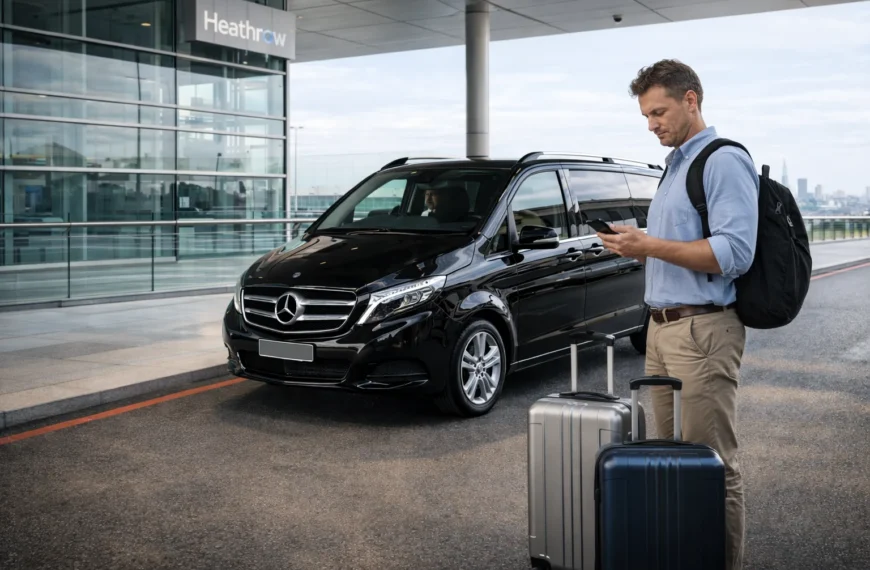There’s something beautifully unscripted about setting off on the open road. Whether it’s turning corners in your hometown or crossing borders into new countries, a car becomes more than just a machine—it becomes the vessel that holds your experiences, conversations, and discoveries. Today, driving isn’t just about reaching a destination. It’s about making moments.
The Joy of Turning Corners in Familiar Places
We often overlook the magic within our own city or town. Turning down a street you’ve never noticed before or revisiting a nostalgic spot can spark new perspectives. These small adventures might not involve packing bags or buying a map, but they still hold significance.
Rediscovering Local Charm
Every town has hidden gems—a small café tucked behind a bookstore, a park that only locals know, or a scenic drive with breathtaking views. Rediscovering these corners through short drives can turn an ordinary afternoon into something memorable.
Creating Micro-Adventures
Sometimes, it’s not about where you’re going, but how you get there. Changing your usual route or driving just to enjoy the scenery turns mundane errands into micro-adventures. Even the everyday commute can feel different with your favorite playlist and windows rolled down.
Crossing Borders: Expanding Horizons One Mile at a Time
There’s a thrill that comes from watching road signs change languages or seeing the terrain shift as you move from one region to another. Crossing borders, whether between states or countries, unlocks a new layer of exploration that flights often overlook.
The Unseen Side of Travel
Flying might be faster, but driving offers a deeper connection with the landscape and the people. You pass through villages, stop at local diners, and witness transitions in culture and climate that no airplane window can offer.
Navigating the Unexpected
Driving into unfamiliar territory comes with its share of surprises—both challenging and delightful. Maybe you’ll get a little lost and discover a charming town not listed on any travel blog. Or perhaps a flat tire introduces you to friendly locals willing to lend a hand. These unplanned moments often become the best stories.
Making Moments: How the Car Becomes Part of the Memory
Years from now, you might not remember which hotel you stayed in, but you’ll likely recall that one drive at sunset, the laughter on a long road, or the quiet moment parked by a cliff with a view. Your car isn’t just transportation; it’s the frame that holds the picture of your journey.
Road Trips as Relationship Builders
Whether you’re traveling with friends, family, or a significant other, time in a car allows for real connection. You sing together, share snacks, discuss life, or simply enjoy the silence of shared presence. These hours forge bonds in ways that flights or trains rarely do.
Personalizing the Journey
From choosing your route to controlling your schedule, road trips allow you to travel on your terms. Want to stop for an hour because the sky looks especially pretty? No problem. Need a break to stretch and grab a coffee? Done. The ability to personalize every moment makes driving feel more human and less hurried.
Essentials for Making the Drive Truly Memorable
To make the most of your road-based adventures, it helps to bring along items that enhance comfort, convenience, and enjoyment. Whether you’re driving across town or through mountain passes, small details can elevate the entire experience

Comfortable Seating and Car Setup
Start with the basics—your seat. Adjust it for posture and leg support, especially on long drives. Add a memory foam cushion if needed. Keep your dashboard organized with a mount for your phone or GPS device, and use a backseat organizer for easy access to snacks, water, and travel tools.
Music and Audio Companions
The right soundtrack can change everything. Curate a playlist before your trip or download some podcasts or audiobooks. If you’re traveling with others, make it a collaborative playlist so everyone gets to add their favorite tunes.
Sensory Enhancements
Keep your car smelling fresh and inviting throughout the journey with a car air freshener. A calming scent can make a noticeable difference in mood, particularly on long drives or after a stop at a roadside diner.
In-Car Snacks and Hydration
Pack a cooler with drinks, fruits, and light snacks. Avoid greasy or messy foods, especially if you’re driving solo. Reusable water bottles are a must to stay hydrated without constantly buying plastic bottles at gas stations.
The Value of Slowness in a Fast World
In a world where everything is instant, driving slows things down. You have time to think, to look out the window, to process your surroundings. It becomes less about how fast you get there and more about the richness of the in-between.
Reflective Time Alone
Solo drives often turn into powerful moments of reflection. You might process a recent life change, brainstorm creative ideas, or just enjoy the solitude. The motion of driving often helps thoughts flow more freely.
Appreciating the Journey
With slower travel, you notice the details: the way the sunlight dances on the trees, the architecture in a small village, or the road signs that make you smile. These moments—often missed on a plane or train—add layers to your memories.
Tips for Safe and Enjoyable Border-Crossing Drives
If you’re planning to take your car across state or national borders, a bit of preparation ensures a smoother experience.
Legal and Paperwork Essentials
Always check border regulations ahead of time. Make sure your license is valid in the region, and carry car registration documents. If crossing into another country, you might need insurance coverage that extends internationally.
Map Alternatives

Even if you rely on GPS, bring a paper map. Signal can disappear in rural areas, and having a backup ensures you’re not stranded without direction.
Language Basics and Local Etiquette
Learn a few local phrases or driving-related terms if entering a foreign country. Knowing how to say “gas station” or “help” can come in handy. Also, familiarize yourself with local road signs and rules—what’s obvious in one country may be different in another.






